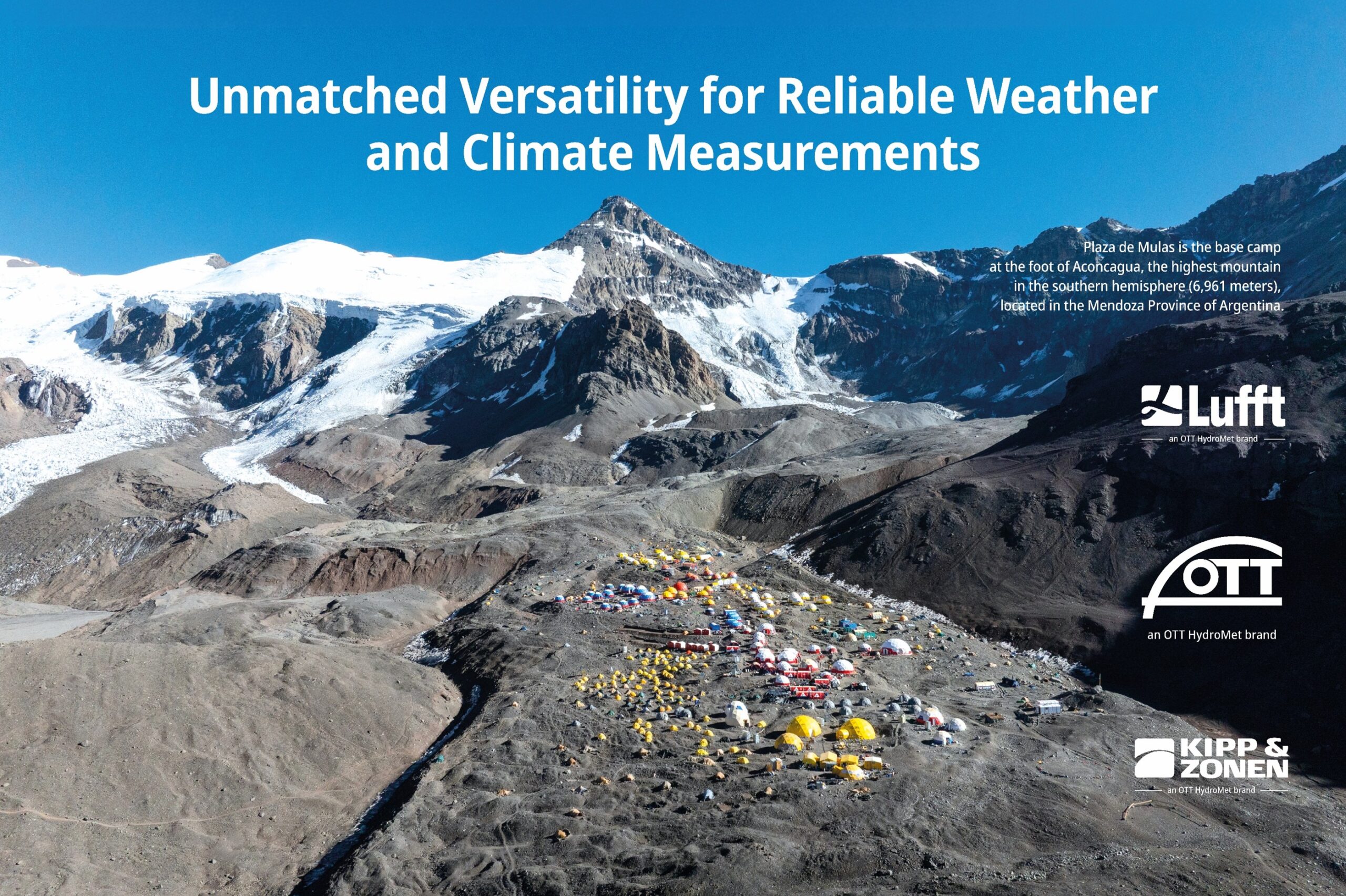OTT Hydromet is proud to support the Nile Basin Initiative and its member states in strengthening the basin-wide hydromet monitoring system expected to help improve cooperation on knowledge-based water resource management, data sharing, and to promote a more integrated approach in addressing water, energy, food security and climate change related actions in the basin to achieve sustainable socio-economic development.
Read on to learn more about the initiative and how OTT HydroMet is contributing to a regionally optimized system to manage Nile Basin water resources and disaster managemen across the riparian countries.
Quick Facts
- Commissioned By: German Federal Ministry for Economic Cooperation and Development (BMZ)
- Co-Funded By: European Union
- Countries: Uganda, headquarters of the Nile Basin Initiative; cooperation with other Nile Basin riparian states: Burundi, Democratic Republic of the Congo, Egypt, Eritrea, Ethiopia, Kenya, Rwanda, South Sudan, Sudan, and Tanzania
- Lead Executing Agency: Nile Basin Initiative (NBI)
Further Reading
Our experts are happy to answer your questions – contact us for more information!



